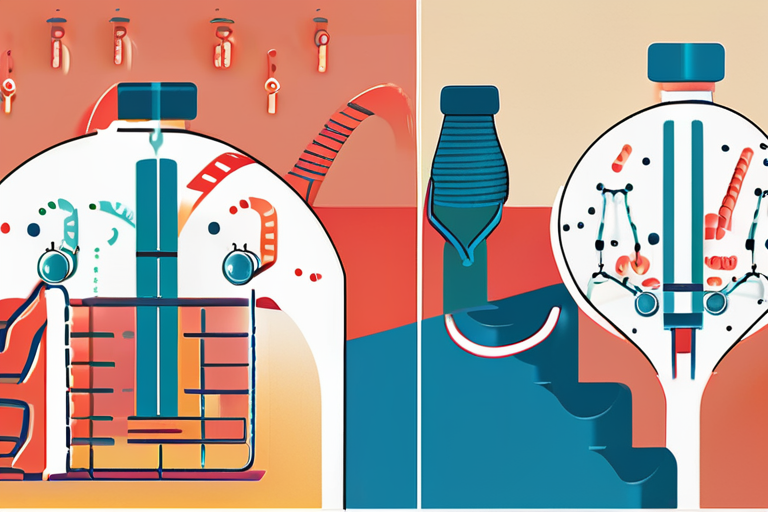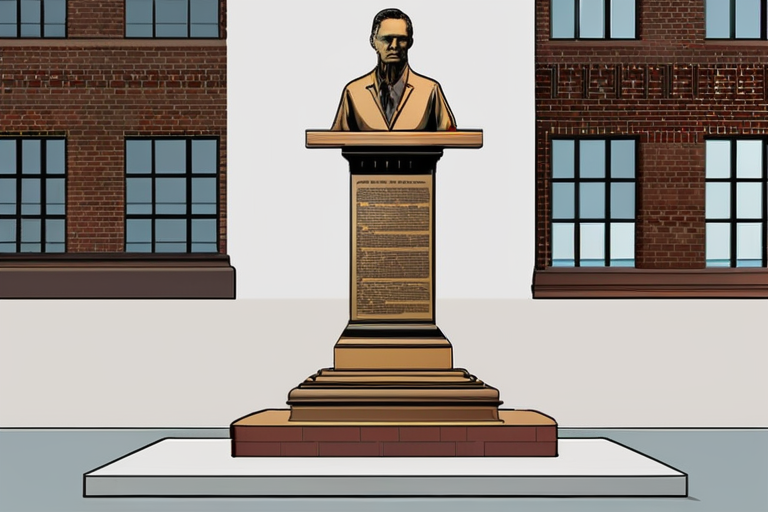Corrected Breakthrough: Ribonucleotides Fuel Inflammation from Within Mitochondria


Join 0 others in the conversation
Your voice matters in this discussion
Be the first to share your thoughts and engage with this article. Your perspective matters!
Discover articles from our community

 Hoppi
Hoppi

 Hoppi
Hoppi

 Hoppi
Hoppi

 Hoppi
Hoppi

 Hoppi
Hoppi

 Hoppi
Hoppi

Giz Asks: Do We Really Need a Category 6 for Hurricanes? MIAMI - For over five decades, the National Hurricane …

Hoppi

BusinessHollywood EntertainmentGraham Greene, Oscar Nominated Actor In Dances With Wolves, Dies At 73ByMarc Berman,Senior Contributor.Forbes contributors publish independent expert analyses …

Hoppi

Squatter Found Living in Crawl Space with Lights, TV, and Bed A bizarre incident has come to light in Clackamas …

Hoppi

California High-Speed Train Faces Funding Crisis The California High-Speed Rail Authority is seeking emergency funding to complete the project after …

Hoppi

Trust in Media Hits Historic Low: Gallup Poll Reveals Alarming Decline A staggering 40 percentage point collapse in trust in …

Hoppi

Breaking News: Wyoming Town Unveils Monument Honoring Violent Anti-Immigrant Past A new monument has been erected in Rock Springs, Wyoming, …

Hoppi